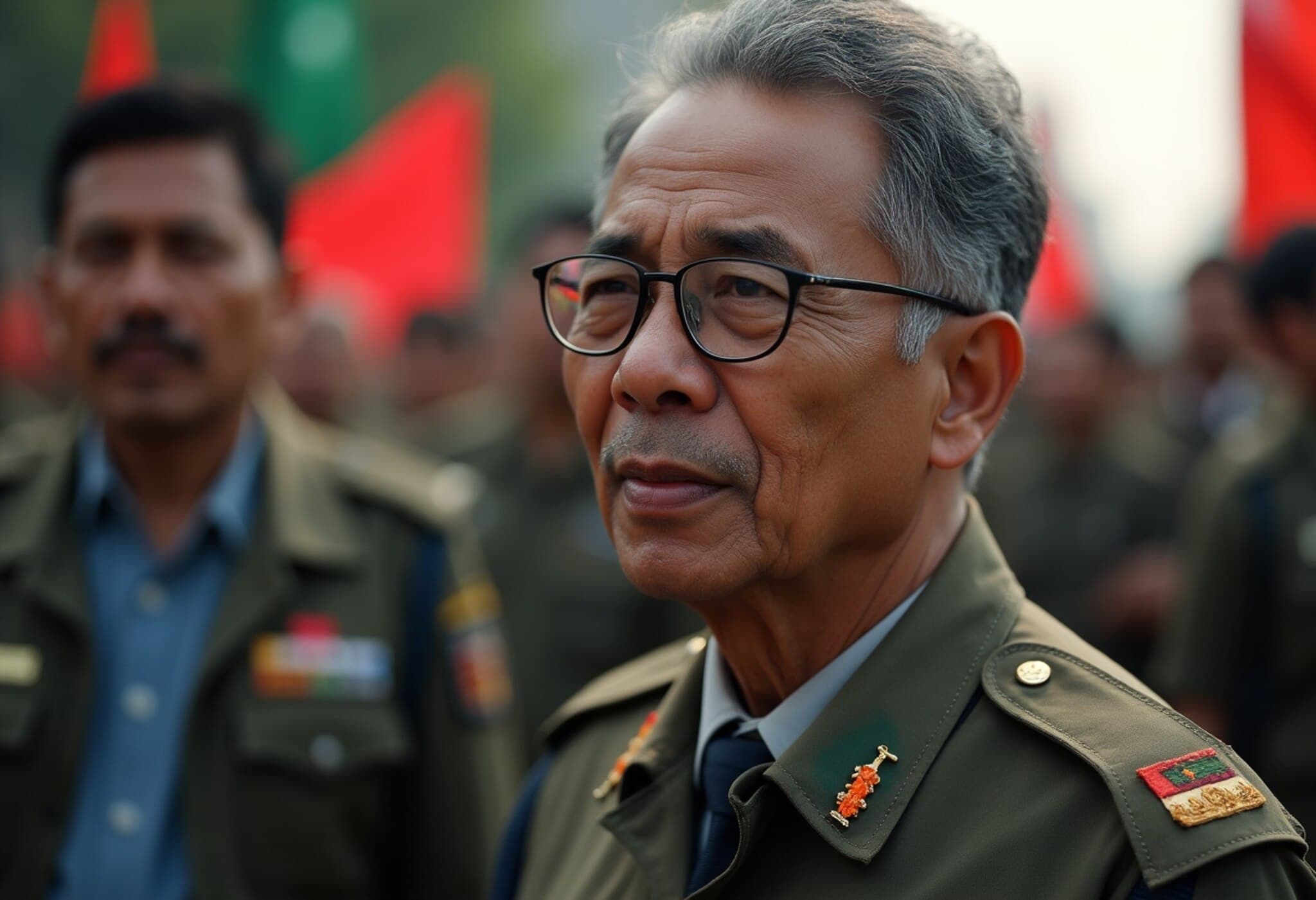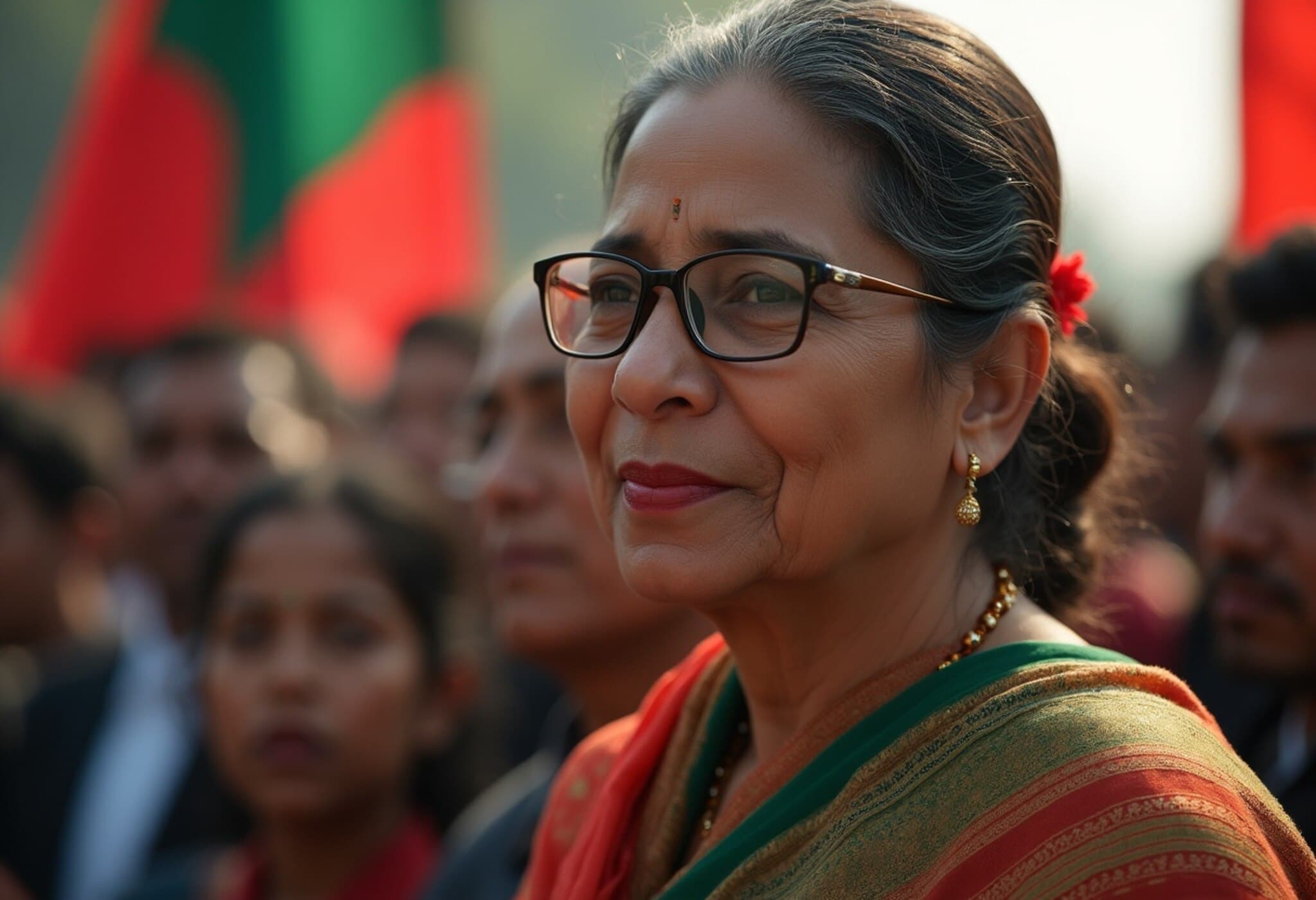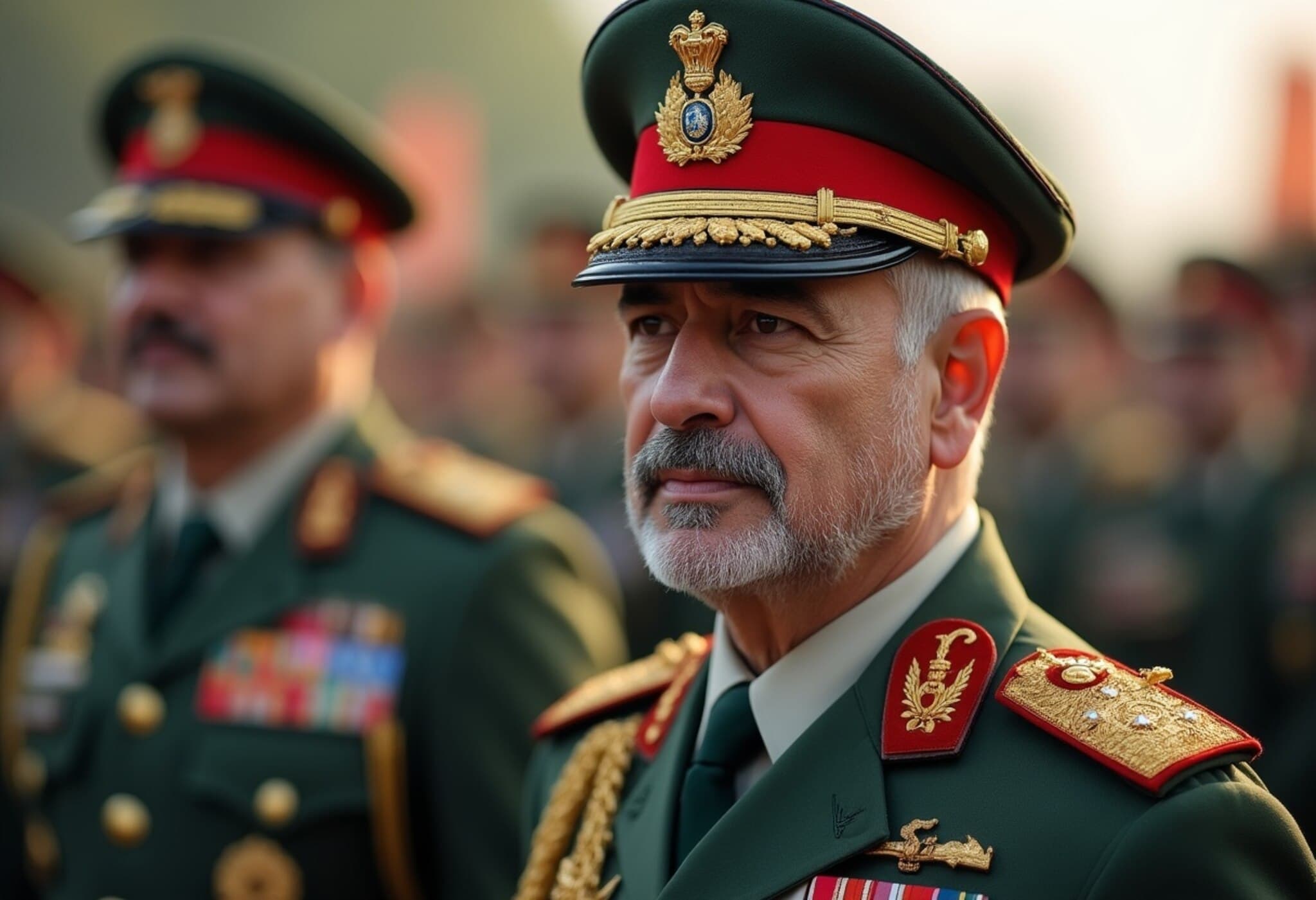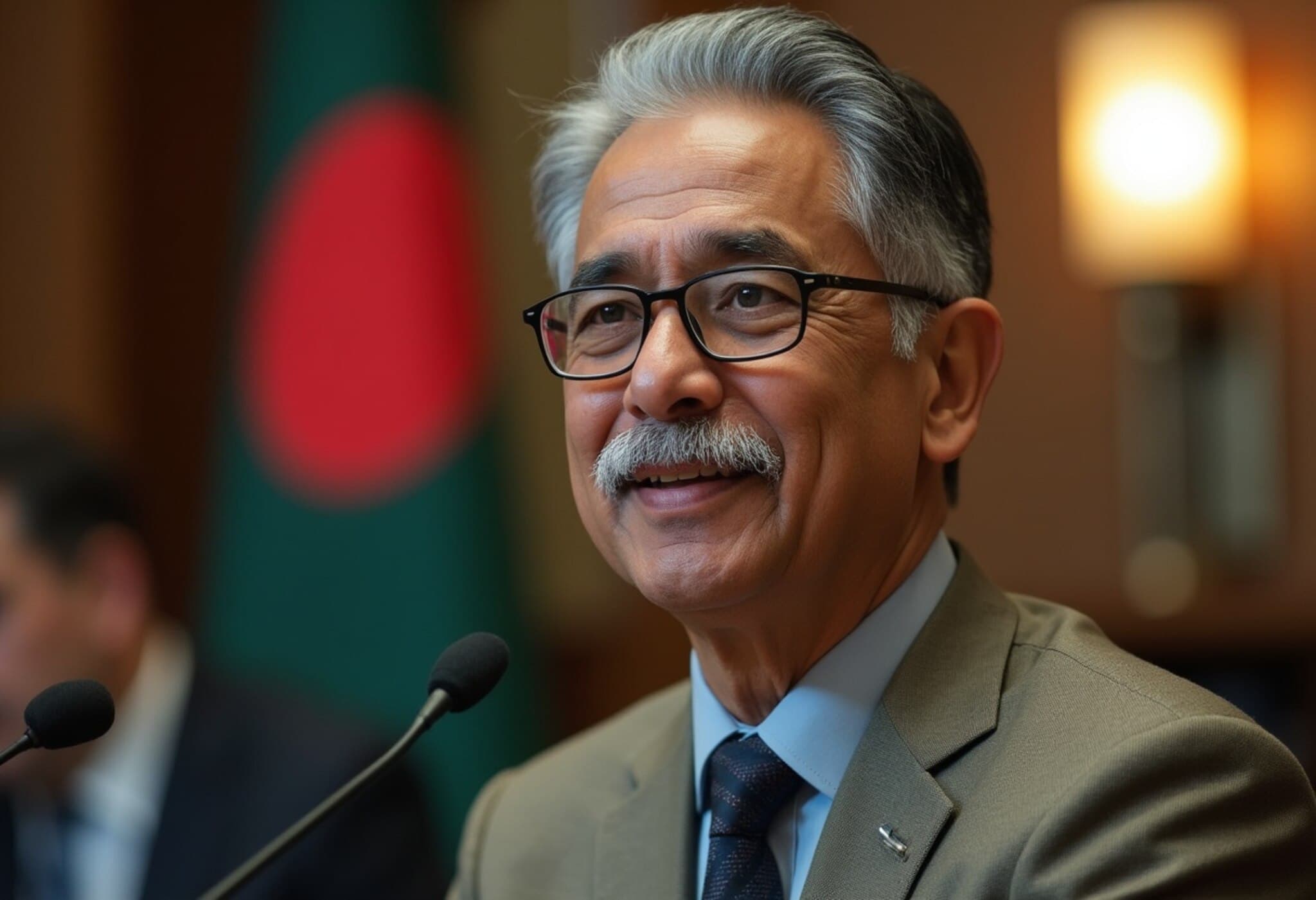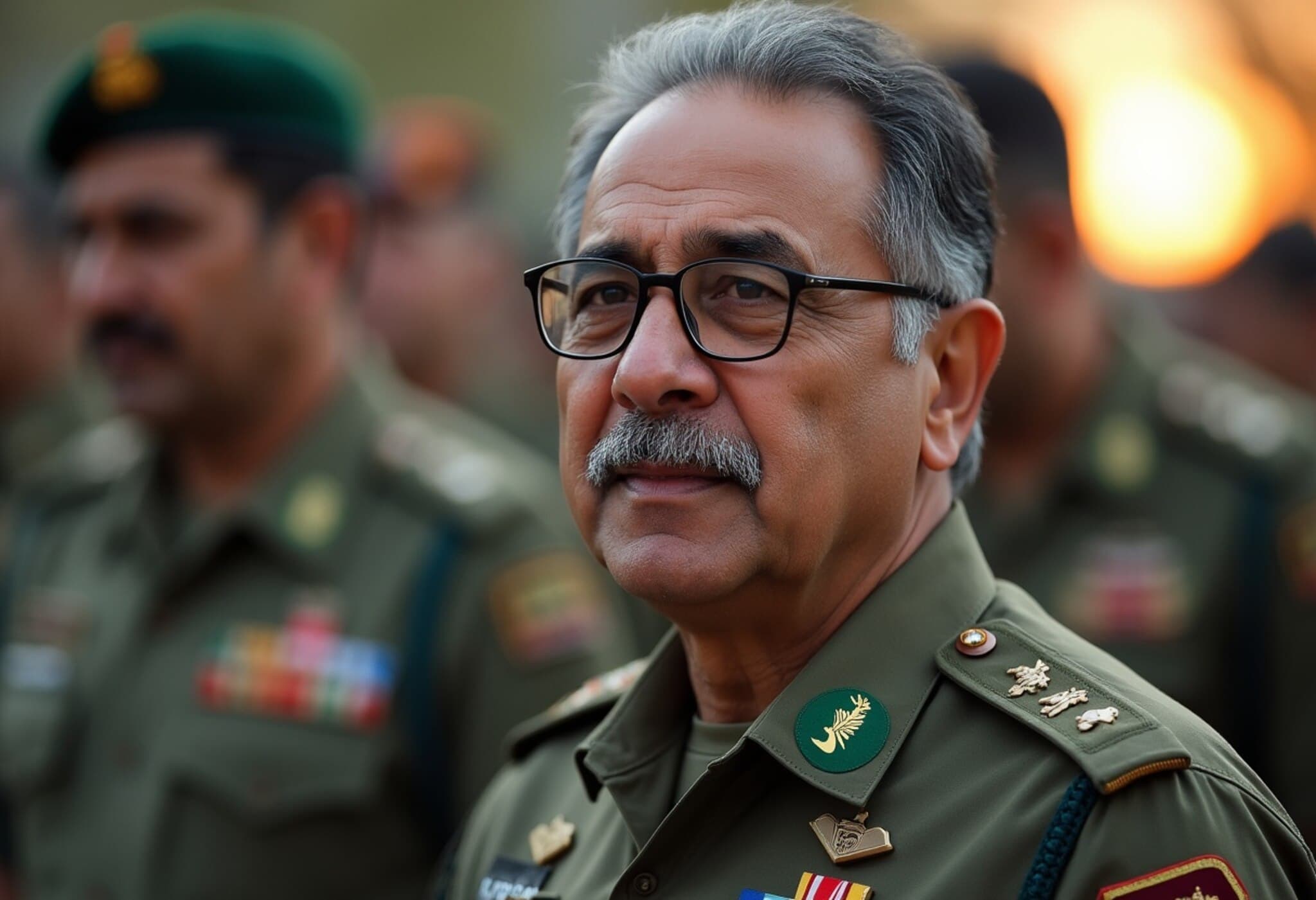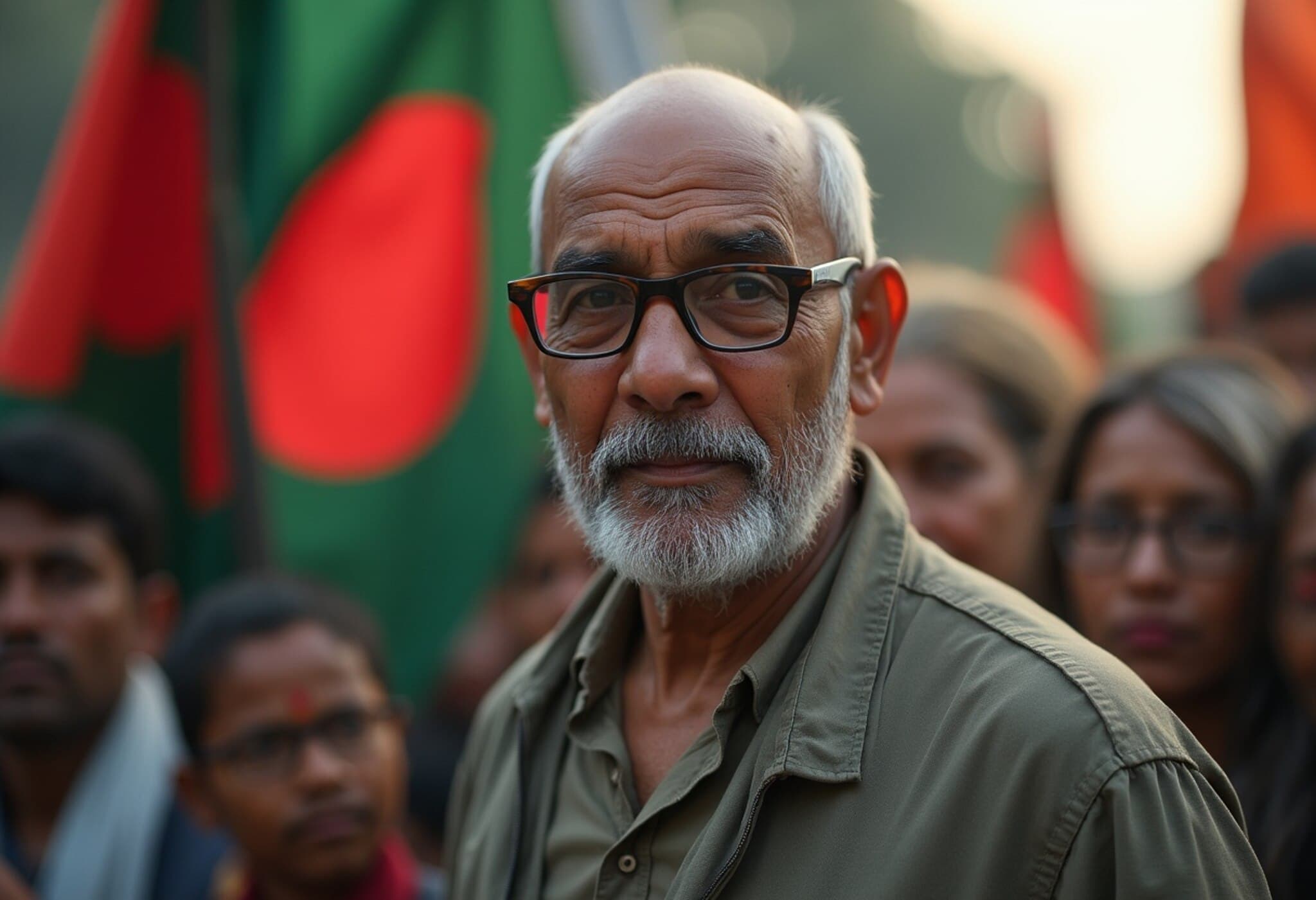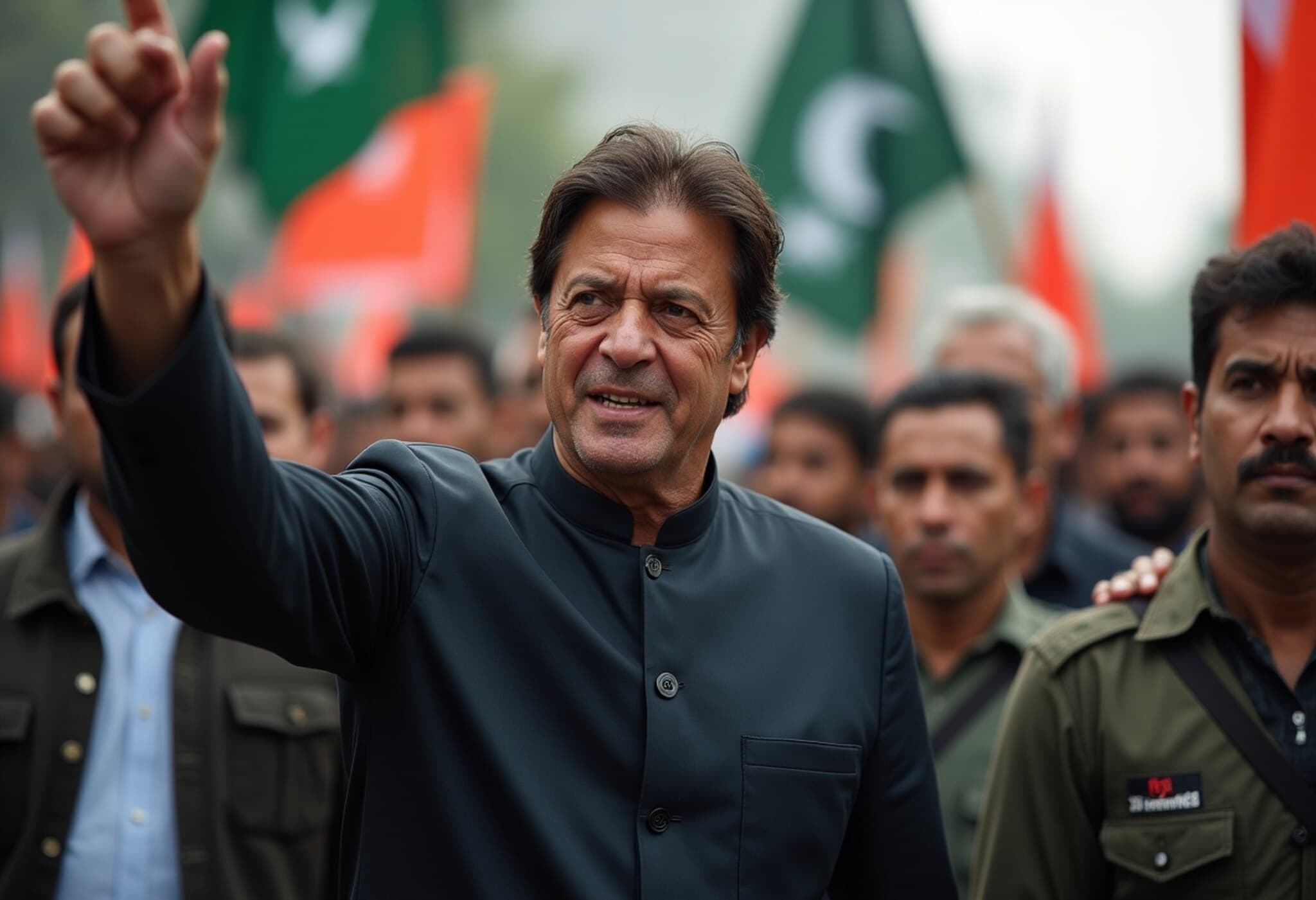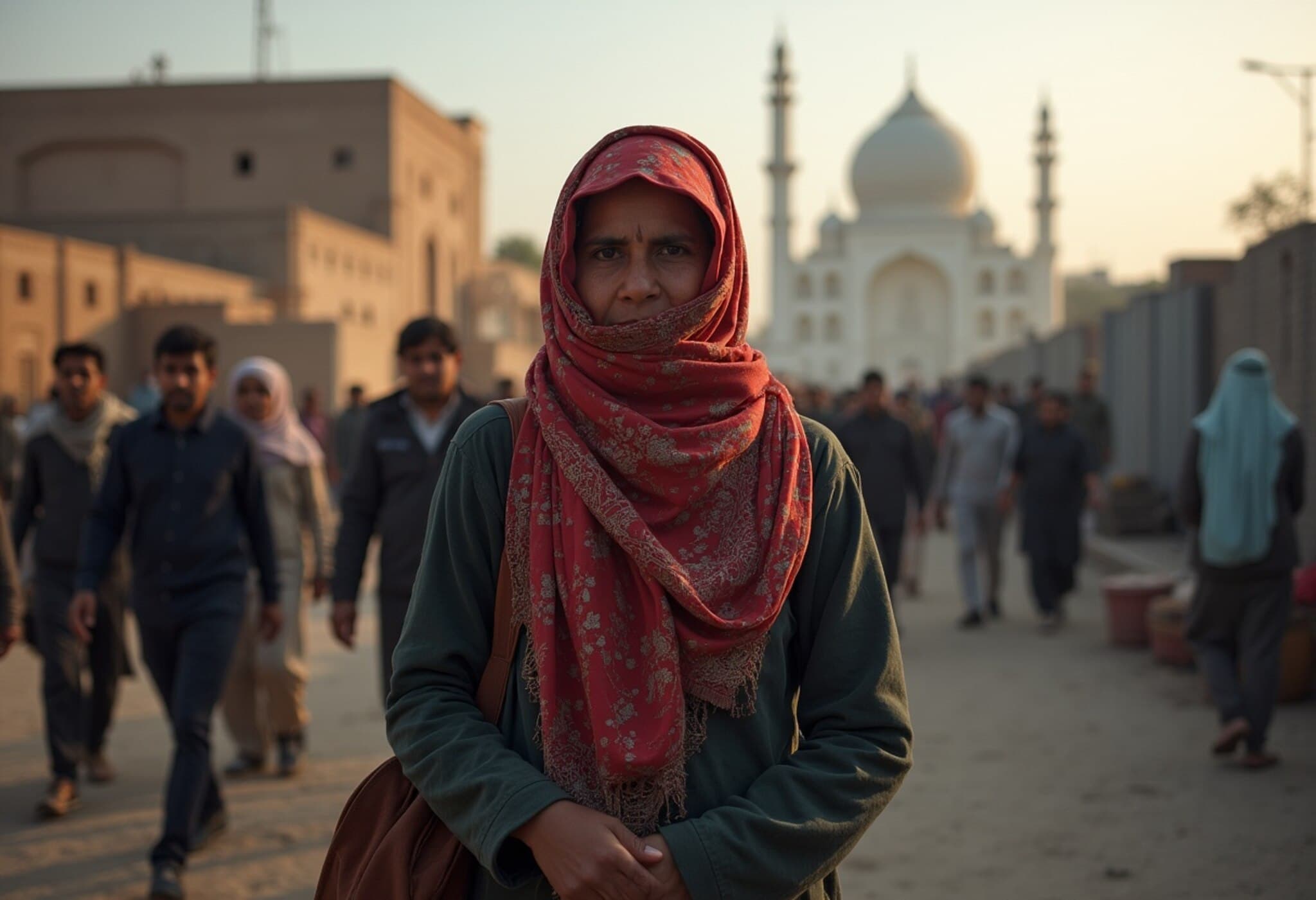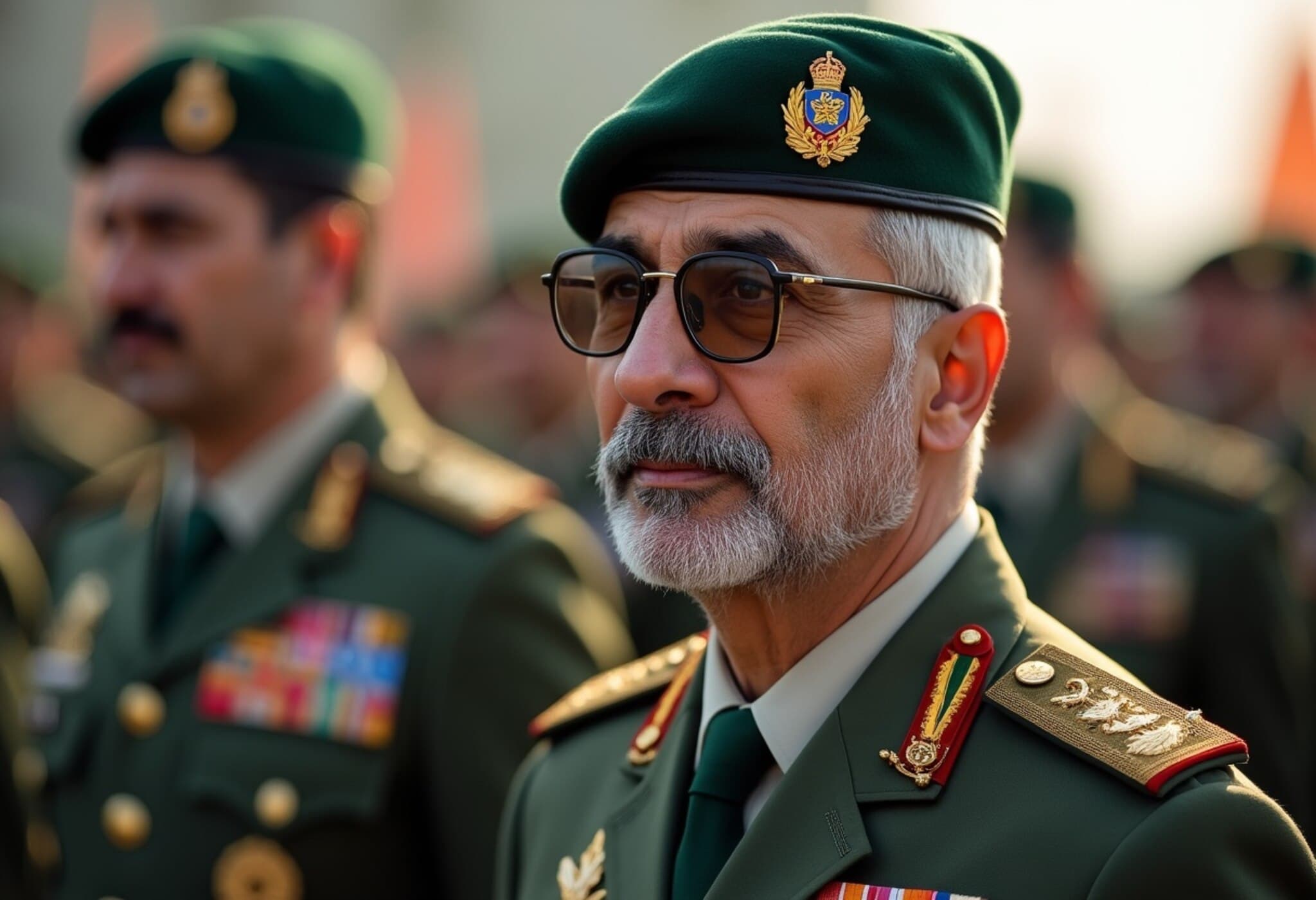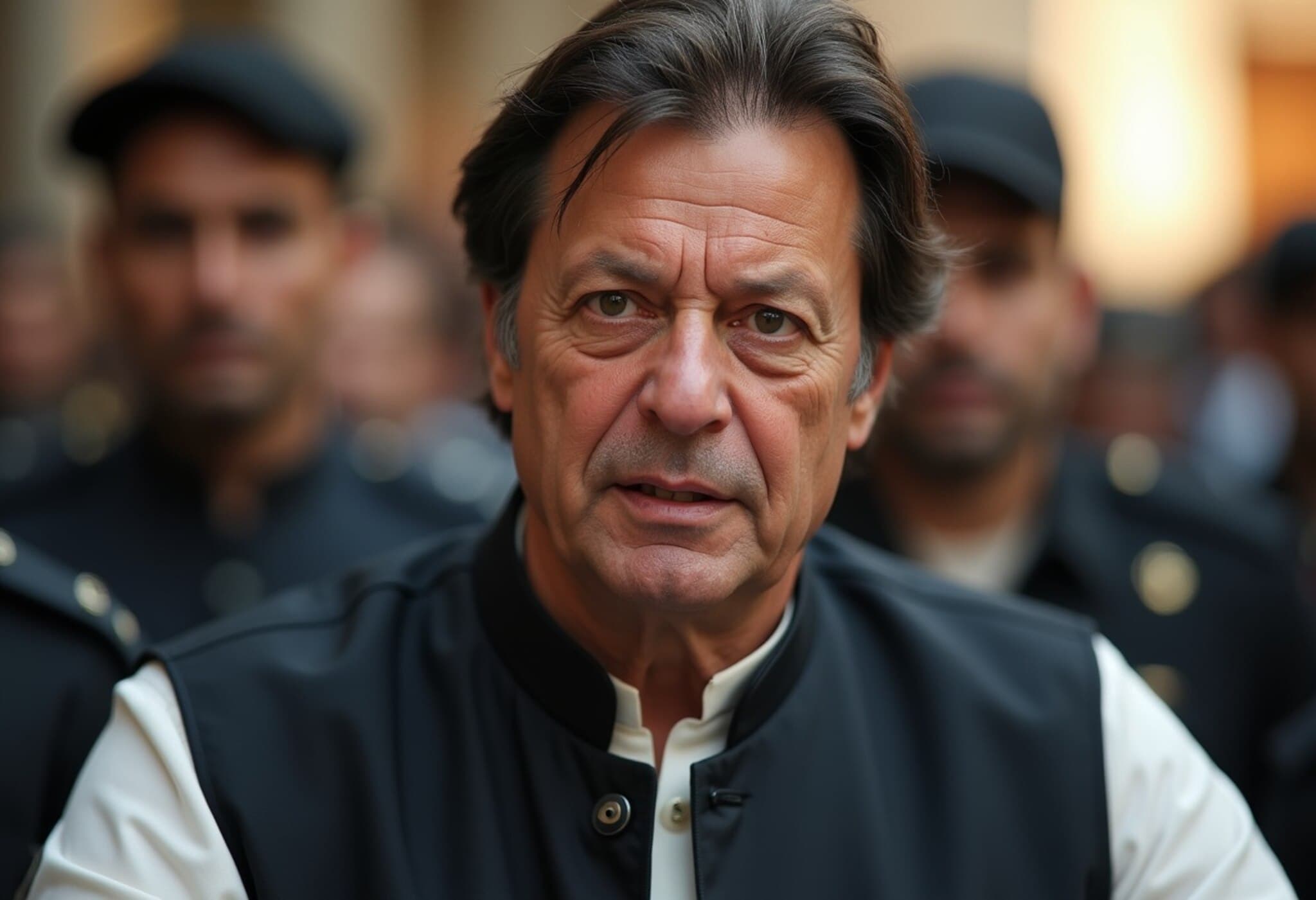US Acknowledges Pakistan's Counterterrorism Progress Amid Controversy
In a move that underscores the complexities of international diplomacy, the United States has publicly commended Pakistan for its ongoing efforts to curb terrorist groups, even as the country grapples with a history of militant support and financial scrutiny through the Financial Action Task Force (FATF).
Joint Statement Highlights Pakistan’s Role Against Terrorism
Following high-level counterterrorism talks held recently in Islamabad, the US issued a joint statement applauding Pakistan's “continued success” in containing terrorist organizations that threaten both regional stability and global security. This endorsement arrives amid evolving dynamics in South Asia, particularly concerning US-India relations in the wake of former President Donald Trump’s tariff policies.
"The United States applauded Pakistan’s continued successes in addressing terrorist entities that pose a threat to peace and security," the statement emphasized.
Ironies and Historic Challenges: Pakistan's Complex Legacy
This praise comes in stark contrast with Pakistan's long-documented history of supporting militant groups, often cited as a significant hurdle in regional peace efforts. Pakistan has been repeatedly placed on the FATF grey list — a designation that indicates deficiencies in combating money laundering and terrorist financing — with its latest removal only occurring in October 2022 after extensive monitoring dating back to 2008.
Strategic Talks Target Key Terror Networks
The recent discussions focused on countering threats posed by entities such as the Balochistan Liberation Army (BLA), ISIS-Khorasan, and Tehreek-e-Taliban Pakistan (TTP). The US also expressed condolences for victims of recent attacks, including the devastating Jaffar Express bombing and the Khuzdar school bus blast, underscoring the human cost of ongoing violence.
The timing of the talks is notable, coming just a day after the US designated the BLA and its associated faction, the Majeed Brigade, as foreign terrorist organizations. Since its initial sanction in 2019, the BLA has claimed responsibility for numerous violent acts, further complicating Pakistan’s internal security landscape.
Diplomatic Engagements: Pakistan’s Army Chief Visits Washington
Gen Asim Munir, Pakistan Army chief, made his second visit to the US within two months, engaging in high-level discussions with political and military figures and connecting with the Pakistani diaspora. This visit represents a broader attempt by Pakistan to solidify cooperation with Washington, especially on counterterrorism measures.
Contextualizing the Ultimatum: Regional Security and Economic Implications
Pakistan's placement on the FATF grey list reflects ongoing concerns about its ability — or willingness — to regulate terrorist financing. Although removed recently, this designation has significant implications for the country’s economy and international credibility. Financial restrictions linked to FATF listings hinder Pakistan’s access to global markets, while also complicating foreign investment and aid.
Moreover, Pakistan’s approach to terrorism has historically been intertwined with its geopolitical strategies, particularly in relation to India. The recent Pahalgam attack — attributed to Pakistan-backed terrorists and resulting in the deaths of 26 innocent civilians — starkly illustrates the persistent volatility in the region.
- India’s Response: Following the attack, India launched Operation Sindoor, targeting nine terror camps in Pakistan and Pakistan-Occupied Kashmir, signaling a firm stance against cross-border militancy.
- US-Bilateral Relations: The US endorsement of Pakistan's actions is part of a delicate balancing act, considering its strategic interests in counterterrorism and regional stability amid China’s rising influence and South Asia’s complex alliances.
Expert Insights: What Lies Beneath the Surface?
Experts caution against reading US praise at face value. Dr. Amina Khan, a South Asia security analyst, notes, "While cooperation on counterterrorism is vital, it should not eclipse Pakistan's accountability in addressing the root causes and state complicity in militancy. The grey list history isn’t merely procedural but indicative of deeper systemic challenges."
This situation raises critical questions about the long-term impact of diplomatic endorsements on Pakistan’s internal reforms and international behavior. Without rigorous verification and follow-through, such statements risk providing political cover without guaranteeing substantive change.
Looking Ahead: The Path to Sustainable Security
For lasting peace in South Asia, a multifaceted approach is essential. It must combine:
- Robust counterterrorism actions grounded in transparency and accountability.
- Economic reforms to align with global financial standards, reducing grey market vulnerabilities.
- Dialogue and confidence-building measures between India and Pakistan to address underlying political conflicts.
The US’s recent statements offer a window into potential partnership avenues but also highlight the fragile nature of trust and cooperation in the turbulent geopolitics of the region.
Editor’s Note
While the United States’ recognition of Pakistan’s counterterrorism efforts marks progress, it surfaces critical tensions between diplomatic optimism and historical realities. For policymakers and analysts alike, the question remains: can Pakistan leverage this international support to enact genuine reforms, or will geopolitical interests overshadow the needed accountability? As South Asia watches closely, the interplay between security, diplomacy, and economic policy will shape the future of regional peace and cooperation.


